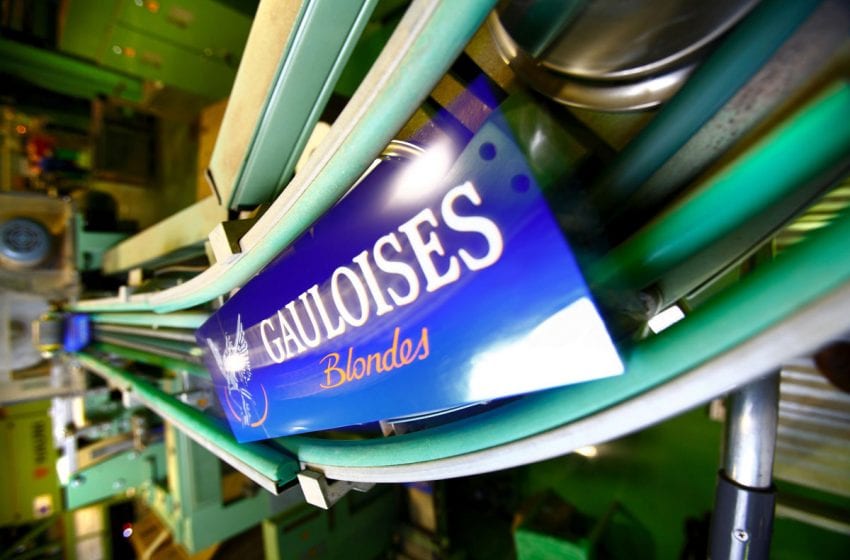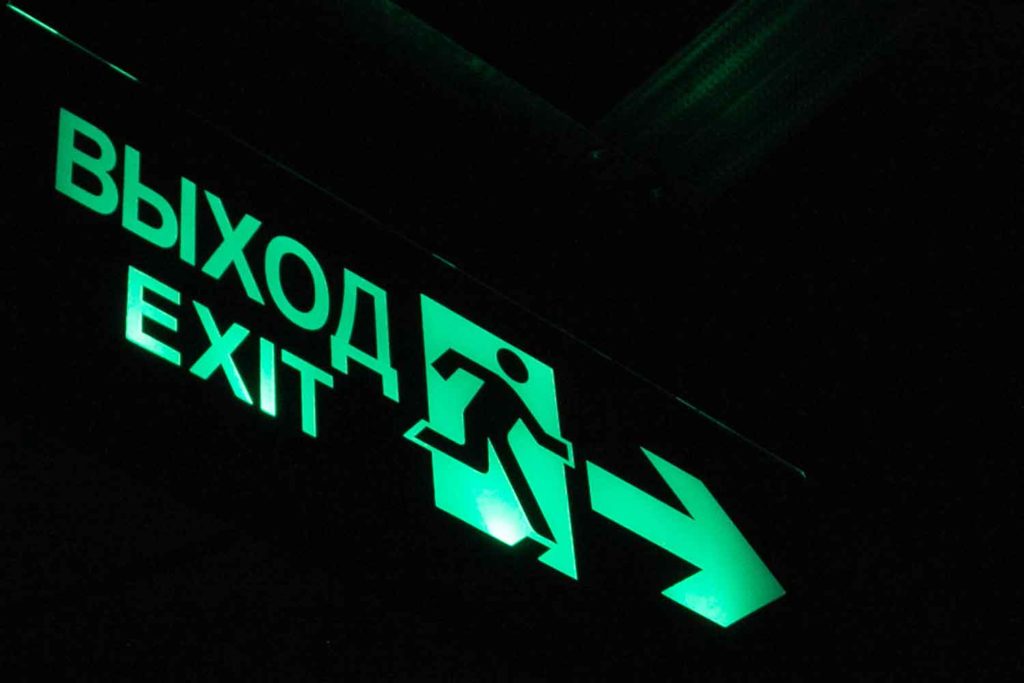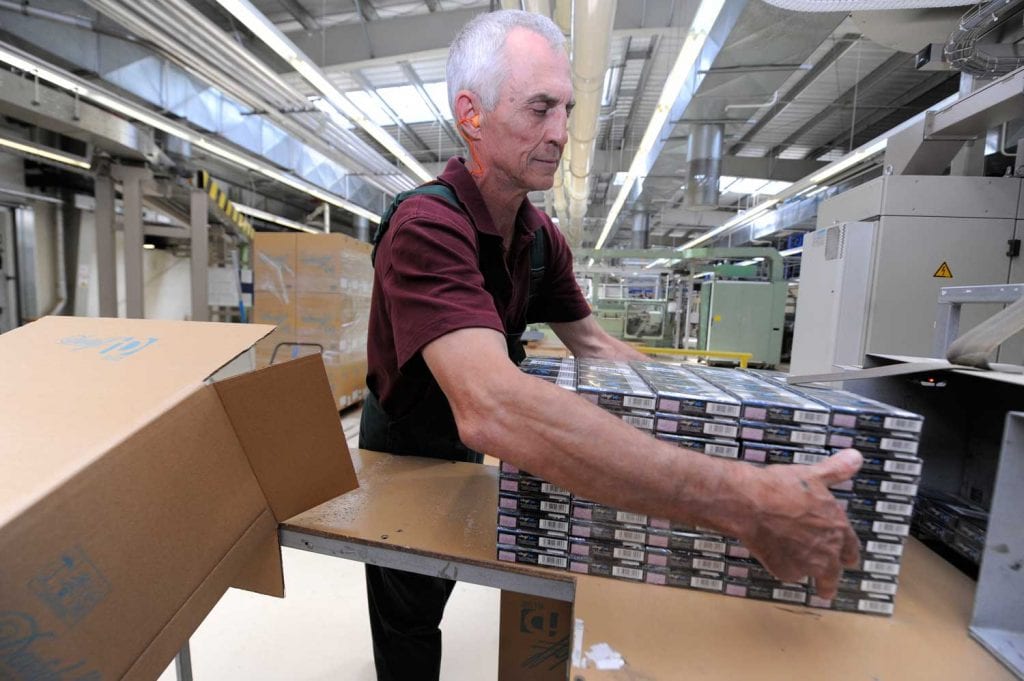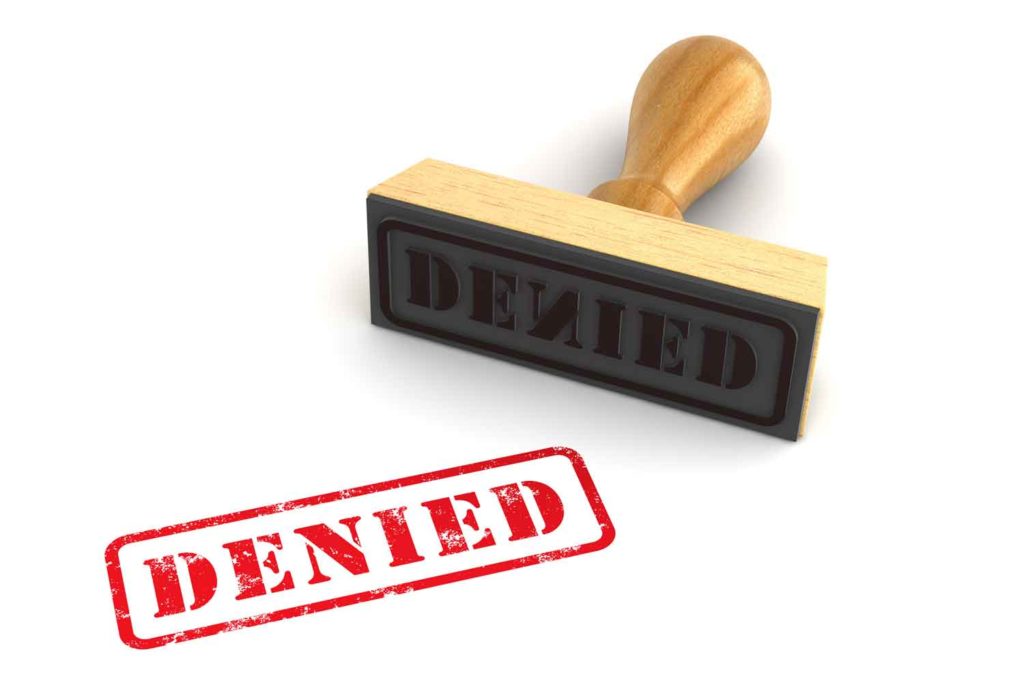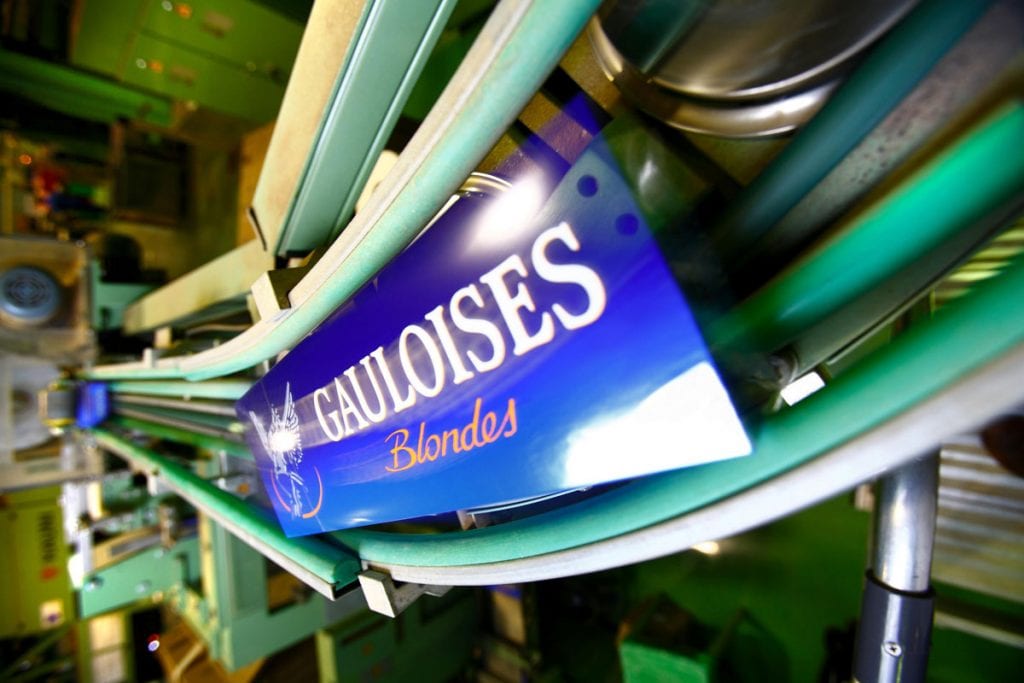
Russian businessman Sergei Katsiev has acquired a 15 percent stake in International Tobacco Group, the former Russian subsidiary of Imperial Brands, reports Interfax, citing data from the Unified State Register of Legal Entities (USRLE).
In March, Imperial Brands announced that it was suspending operations in Russia, including production at its factory in Volgograd, sales and marketing, in response to Russia’s military assault on Ukraine. In April, the company said it had transferred its business in Russia to local investors.
Earlier this year, Imperial Tobacco Sales and Marketing and Imperial Tobacco Volga were renamed International Tobacco Group and International Tobacco Group Volga, respectively.
According to the USRLE, Nikolai Tyaka owns 75 percent of International Tobacco Group and International Tobacco Group Volga.
Following the Feb. 24 invasion, international cigarette manufacturers announced they would end their operations in Russia, but retreating from such a major market is easier said than done. Tobacco companies have had to carefully navigate shifting regulations and avoid missteps that could prompt the government to seize the business, for example—all the while trying to protect employees from becoming targets for arrest.
Tax payments by the leading international cigarette manufacturers have provided the Russian government with at least $7.25 billion in additional income since President Vladimir Putin ordered his army to attack Ukraine, according to an analysis of Russian Treasury figures conducted by The Telegraph.
Because Russia and Ukraine were relatively small markets for Imperial Brands, representing around 2 percent of net revenues and 0.5 percent of adjusted operating profit in 2021, the company may have found it easier to extract itself from Russia than some of its larger competitors.

